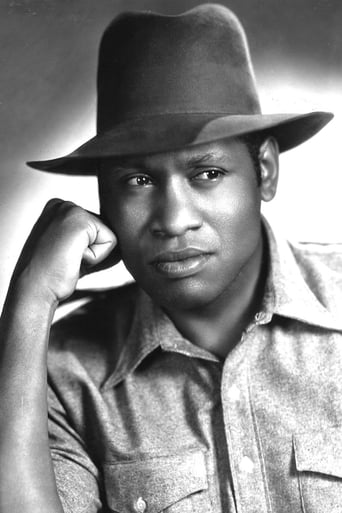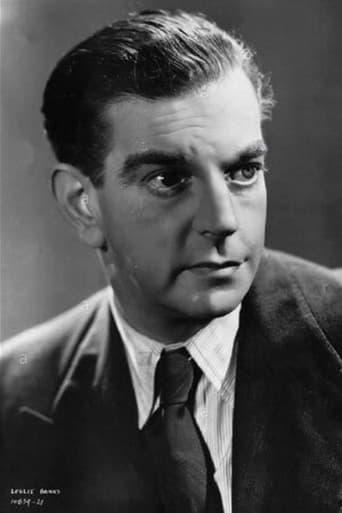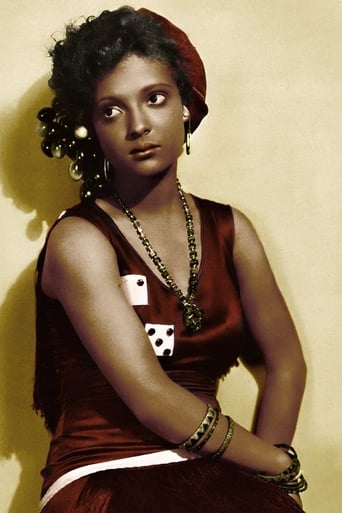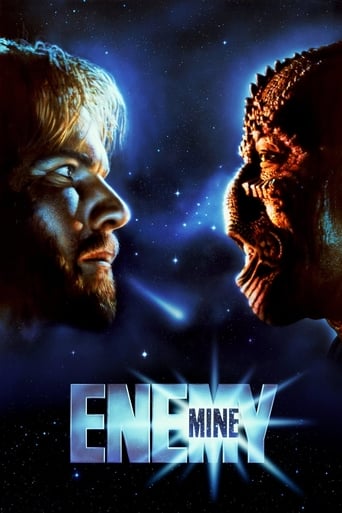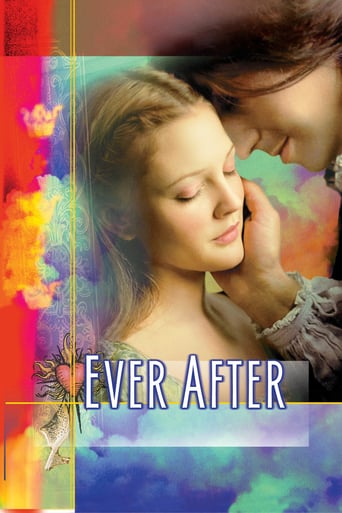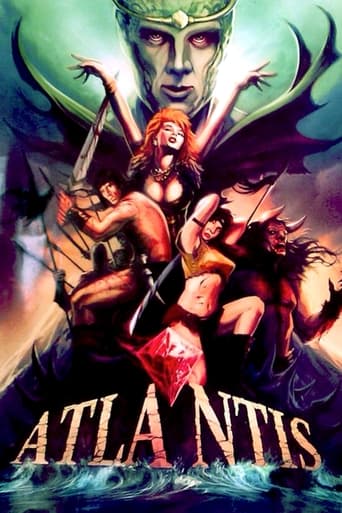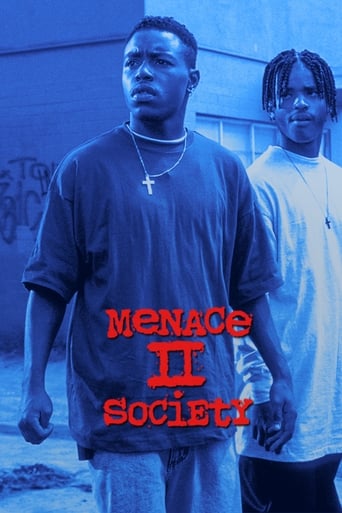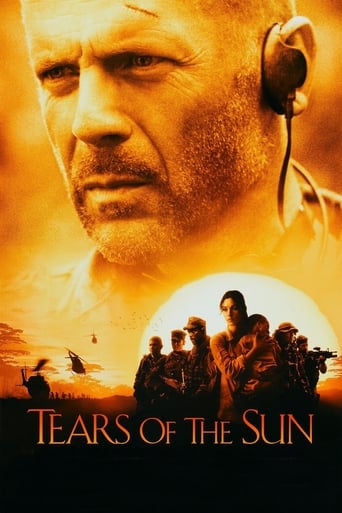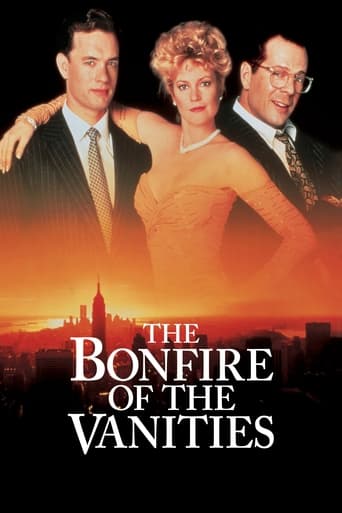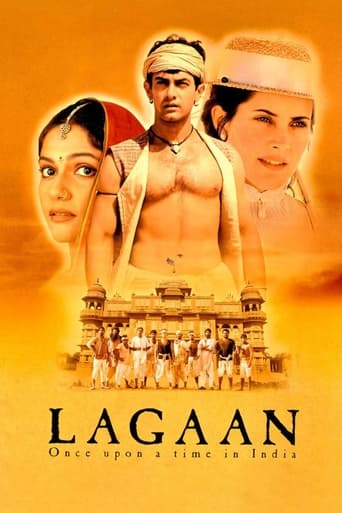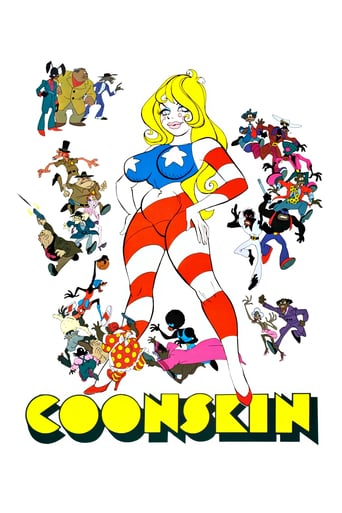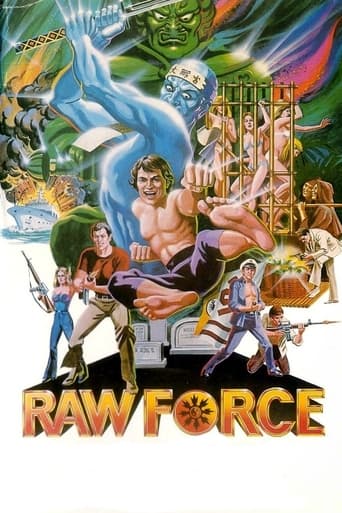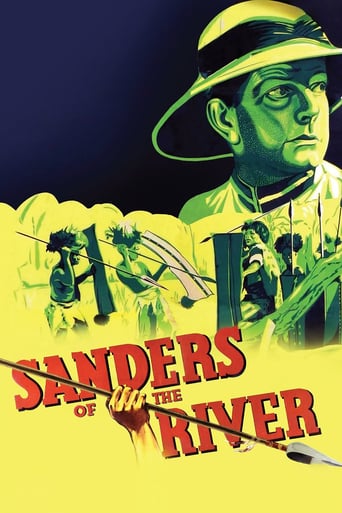
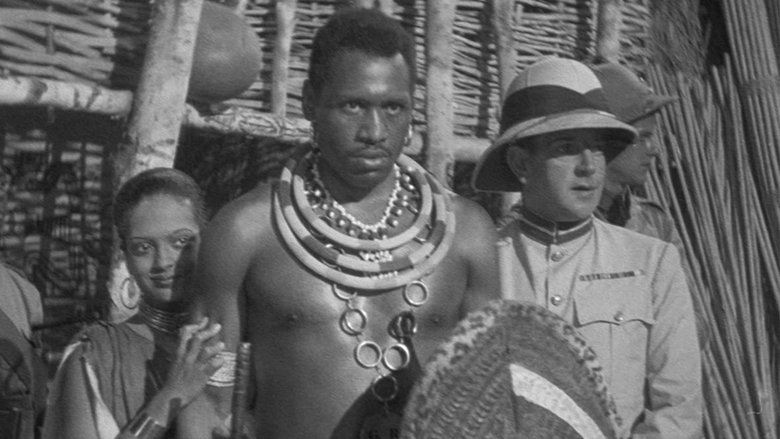
Sanders of the River (1935)
A British District Officer in Nigeria in the 1930s rules his area strictly but justly. He struggles with gun-runners and slavers with the aid of a loyal native chief.
Watch Trailer
Cast
Similar titles
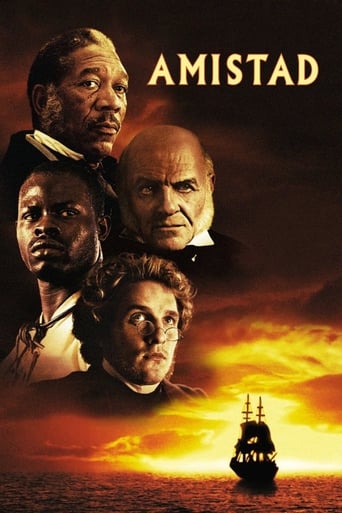
Reviews
Good movie but grossly overrated
Easily the biggest piece of Right wing non sense propaganda I ever saw.
A terrific literary drama and character piece that shows how the process of creating art can be seen differently by those doing it and those looking at it from the outside.
It’s not bad or unwatchable but despite the amplitude of the spectacle, the end result is underwhelming.
This British release from 1935 gets a mixed review from me.On one hand, it is wonderful to see Paul Roberson in a film role, but that enjoyment is tainted somewhat by the way the film portrays native Africans. Sanders is the white man in charge of the district. He treats all of the tribal chiefs and their subjects as if they were his black "children". This theme is repeated so frequently in the film that it seems the filmmakers were--rather defensively--trying to make a point. On the other hand, such arrogant hogwash is routinely part of colonialism wherever it is manifest, so the film's depiction of such racism is accurate.In my opinion, the best part of the film are the many shots of native life, especially native dances and rituals. We also see various African animals in their natural habitats, even if they are sometimes being stampeded by low-flying aircraft.The plot of this film was not very engaging. But it is worth noting that the real villains of the film are two white men who wish to stir up the tribes by giving them gin and rifles--apparently just because their only goal in life is to stir up trouble.The African chiefs and kings seem too Anglicized, and Robeson sings some songs that feel out of place in the mouth of a chief. But I found enjoyment in pieces of this film, if not in the whole.
"Sanders of the River" is trapped in the time of its creation like an insect in amber, but it's worth seeing if only to understand the expectations of that time.The British characters are supposed to be the heroes of the tale, but they are wooden and unsympathetic, even interchangeable. It is impossible to care about them. They even chase animals from a plane Just For Fun.Africans are portrayed as simple minded, but they are also clearly loyal, brave, loving individuals with some (limited) depth to them, which is more than can be said of the cardboard cut-out white characters. In fact, the real rotters of the tale are trouble-making whites.
Viewed today, 74 years after the film came out Sanders Of The River is a paradoxical film with the good and bad of British colonial attitudes of the 19th century. It's based on the first novel by Edgar Wallace, prolific British author who spent much time in Africa during the latter 19th and early 20th century.Sanders played by Leslie Banks is the local administrator of an area of what is now Nigeria and a man who is confidently shouldering the white man's burden as he saw it. Nevertheless he's probably the best representative of his type in the area, someone the British see as the best in themselves.He's taken the trouble to study the languages and cultures of the various tribes in his area and mixes in the local politics judiciously and fairly. When one of the tribal kings, Tony Wane, starts resorting to the slave trade which the British fought vigorously to suppress, Banks comes up with his own instrument of enforcement.His instrument is rival king, Paul Robeson of a different tribe and on that the plot of Sanders Of The River turns. Robeson was over in the United Kingdom at the time because he could not get the kind of film roles he wanted in the USA with America hung up on stereotypical blacks. Though the film is a salute to the judiciousness and fairness of British colonial role, Robeson took the part because I believe it gave him a chance to show the real Africa. There is no way America was ever going to make this kind of film. After MGM's near disaster with Trader Horn, American companies shied from location shooting until there until The African Queen and King Solomon's Mines.Though taking place in the Nigeria area, the film was shot on location in the Kenya colony and we learned that the first Kenyan president, Jomo Kenyatta actually was an extra in this film. Robeson gets a chance to sing a couple of songs written by Mischa Spoliansky and Arthur Winder, but are as good in the black idiom as Gershwin's Porgy and Bess. No way Paul Robeson would have sung them if they weren't.Robeson is joined in the vocal department by Nina Mae McKinney who scored big in King Vidor's Hallelujah, but was then unable to find decent roles for a beautiful black singer. That would wait until Lena Horne came on the scene and not altogether satisfactorily done there. She plays Robeson's wife and mother of his child and her capture by the rival king sets off a potentially nasty blood bath.Sanders Of The River though incredibly dated should be seen quite frankly because of that. Robeson's singing voice is at its best here and this is a picture of Africa you won't get in Tarzan films.
Although the title refers to the British commissioner of the N'Gombi district of Nigeria during the Colonial days of the British Empire, Paul Robeson's magnificent rich baritone voice is easily the highlight of this well-made but dated film. Looking at it from the 90's perspective, I was appalled to see the native blacks treated as savages and children at the same time. Paul Robeson expected a different kind of film and unsuccessfully fought its release after it was completed. Leslie Banks plays Commissioner Sanders, called "Lord Sandy" by the natives, and oversees the various competing and sometimes hostile tribes. In the last five years, there has been peace among the tribes due mostly to the respect and fear of him. Robeson is a prison escapee who has been chief of the Ochuri tribe for the last five months, an illegal act without permission from Banks. He goes to Banks to claim that chiefdom, and Banks, knowing who he really is, and sensing he is a good man, proclaims him chief on the basis of those last five months. It pays off when word comes that Chief Mofolaba (Tony Wane) has been raiding other tribes to gather slaves, and Banks has Robeson and his warriors capture him and free those captives. It's a humiliation that Mofolaba swears he will revenge. Among the captives is lovely Nina Mae McKinney, who Robeson takes for his wife, and who bears him two children during the next five peaceful years. When Banks decides to take a year's leave of absence to return to London to get married, two villains spread the word that Banks is dead and there is now no law. They expect to profit by selling guns and gin to the natives. Mofolaba kills Banks' replacement and has his men kidnap McKinney to use as bait to lure Robeson to his land so he can have his revenge. Meanwhile, word gets to Banks, who hasn't yet left for London, about his replacement's death and the general lawlessness that now prevails, and he starts to return to Mofolaba's land. And Robeson takes Mofolaba's bait, but is captured and tied to a post next to the post that McKinney is tied to. Mofolaba promises him a slow death after he witnesses McKinney's death.
